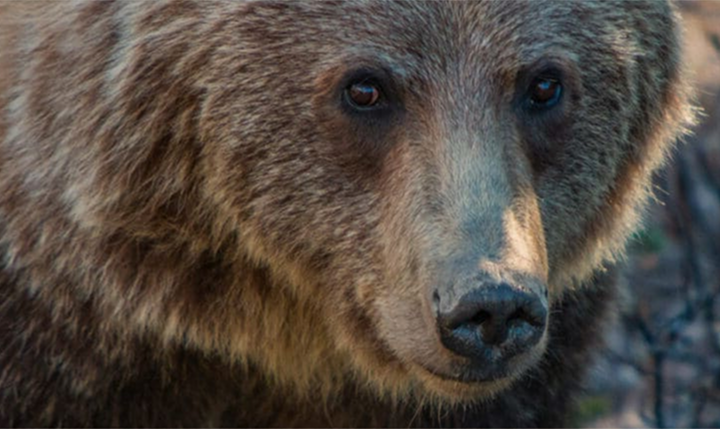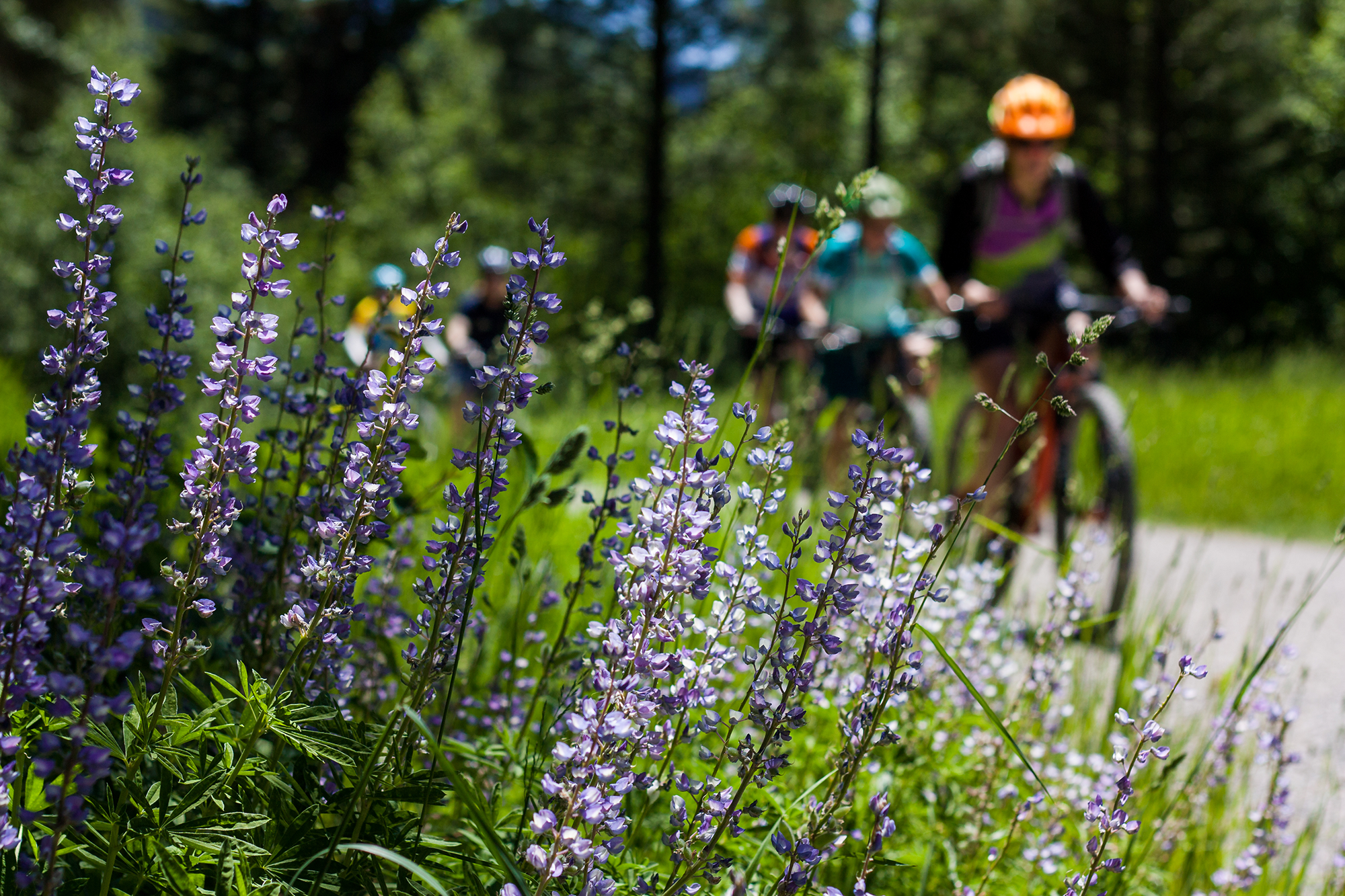British Columbians and old-growth panel put in effort: Will government put in effort with meaningful response?
An announcement on Friday, Sept. 11 regarding British Columbia’s old-growth forests offers some hope for the future of our forests but leaves groups, such as Yellowstone to Yukon Conservation Initiative (Y2Y), wondering if meaningful action will be taken.
Y2Y concurs with overarching recommendations in the independent panel’s recent report, A New Future for Old Forests.
“We agree that the way B.C. manages forests needs to change,” says Candace Batycki, Y2Y program director. “This review shows that we need a paradigm shift, and while we are working that out, we need to protect the old growth we’ve got left.”
Current forestry laws and policy are outdated and inadequate, and have failed to protect our highly valuable biodiversity. A recent scientific -report found that the majority of British Columbia’s productive old-growth forests are gone, and what remains is slated to be logged.
Batycki points out that the engagement with the independent old-growth review panel was substantial, showing that communities care about their forests and want real response from government on this important resource.

“The report recommends that those forests at very high and near-term risk be deferred,” says Batycki. “We need to see protection of these places as they are in imminent danger of being logged. In contrast, most of the areas highlighted for deferrals in the government’s response to the panel are not at threat of timber harvest. Our most endangered and valued old growth trees are still at highest risk of being logged and deserve full protection.”
The government’s commitment to communities and to old growth will be demonstrated in the next actions they take in response to the report findings. Batycki notes that the government’s response includes “bring(ing) management of old forests into compliance with existing provincial targets and guidelines.”
“Meaningful regulatory change must include transformation of our obsolete logging regulations and forestry laws. Just coming into legal compliance with the existing regime won’t bring the change we need,” says Batycki.
“Meaningful deferrals must include protecting areas of irreplaceable old growth that are still on the chopping block. And meaningful engagement must include funding and support for land-use planning and a shift to investment in Indigenous and community-driven forestry models, rather than continuing to subsidize large corporations.”

Old-growth forests, particularly those in the globally unique inland temperate rainforest, are extremely productive places that provide important habitat for endangered mountain caribou, wolverine, and grizzly bears, plus a vast array of rare bird and plant life.
These diverse regions also meet various values and cultural needs for people living nearby. They perform “ecosystem services” for free, including providing food, energy, freshwater, fire and flood mitigation, medicines, and outstanding opportunities for recreation and eco-tourism.
Inland temperate rainforests are incredibly important when it comes to sequestering and storing carbon in the forest floor and inside ancient trees. These big trees found in moist climates are more resilient to fires, especially important as climate change impacts our lives.
Conservationists, scientists, and community leaders have consistently called for the emergency protection of all remaining endangered old-growth forests, as these can never be replaced. Y2Y and others look forward to a real response to one of B.C.’s greatest needs.




